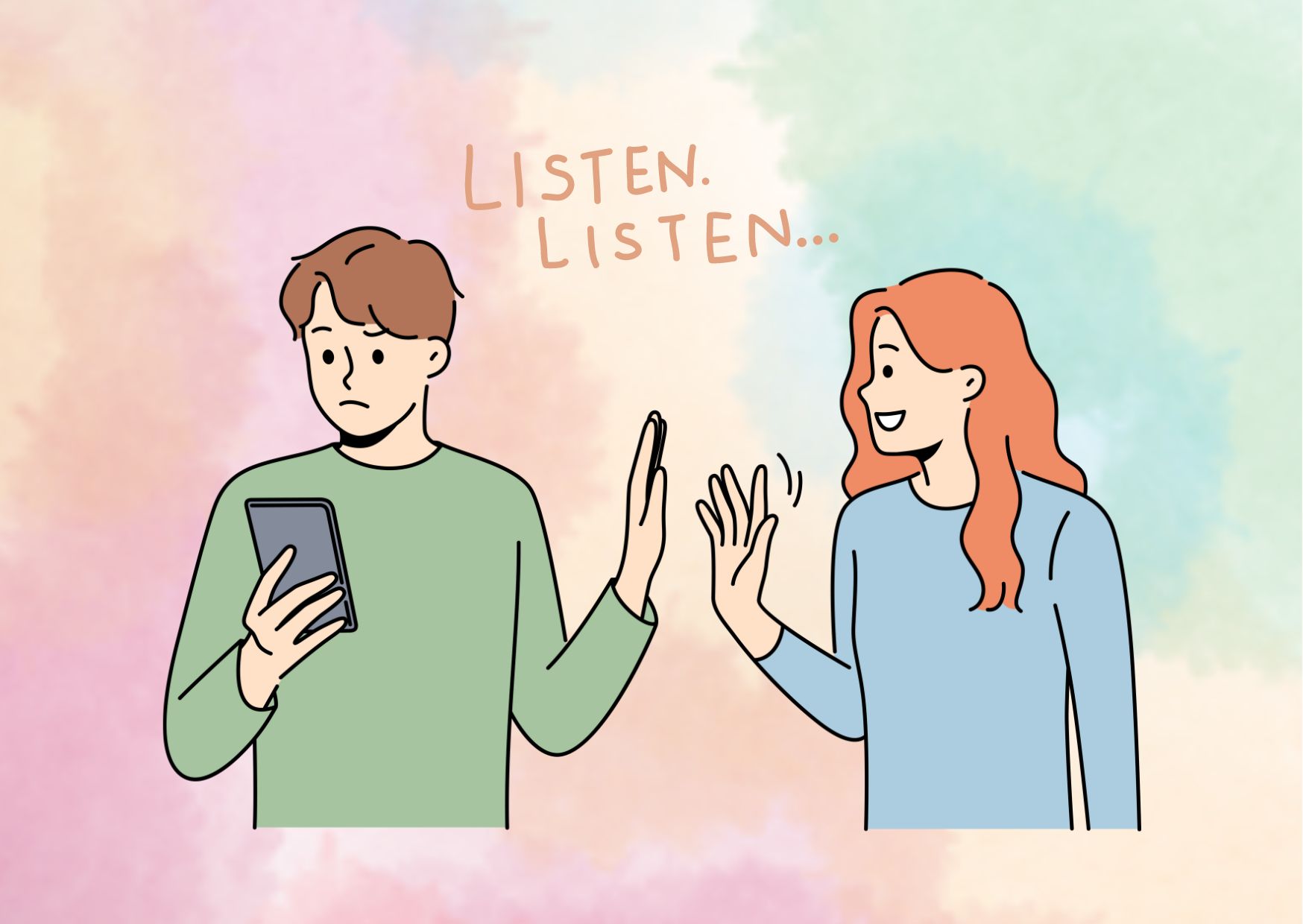9 Key Signs You Might Be a Bad Listener and How to Improve
Good communication is the foundation of any healthy relationship. Whether it’s with your partner, family members, friends, or colleagues, being a good listener is crucial. Unfortunately, many of us struggle with this essential skill. We may think we’re listening attentively, but there are subtle signs that indicate otherwise. In this article, we’ll explore nine common signs that you might be a bad listener and provide actionable tips on how to improve your listening skills.
Bad Listener Signs
1. Talking More Than Your Partner
One of the most obvious signs of being a bad listener is when you find yourself talking more than your partner. It’s easy to fall into the trap of thinking that you’ve understood their point and can move on. However, this often leads to missed information and a lack of meaningful conversation. The solution is simple: learn to pause and let your partner speak. As relationship coach Susan Quilliam suggests, “The first rule of listening is to take the gaffer tape and apply it over your mouth.” By giving your partner the space to express themselves, you create an environment for effective communication.
2. Every Conversation Turns into a Battle
When people feel unheard or misunderstood, they tend to become increasingly passionate or even angry. If you find that every conversation ends up in an argument or heated debate, it could be a sign that you’re not truly listening. Psychologist Lisa Marie Bobby explains that when your partner feels like the door is shut and they can’t get through to you, their attempts to communicate become more forceful. To break this cycle, try being quiet and really listening to your partner’s perspective. By creating a safe space for them to express themselves, you can foster a more open and understanding dialogue.
3. Failing to Quiet Your Mind
Listening can be challenging, especially when the topics are emotionally charged. It’s natural for your mind to wander and for unrelated thoughts to intrude. However, effective listening requires focus and patience. Leslie Shore, author of “Listen to Succeed,” advises putting your ego aside and quieting your mind. This means resisting the urge to let your own thoughts take over the conversation. Instead, give your partner your full attention and allow them to express themselves without interruption. By practicing mindfulness and being present in the moment, you can improve your listening skills.
4. Dominating Conversations
Men and women often approach conversations differently. Men, in particular, may feel the need to dominate a conversation rather than collaborating with their partner. Relationship coach Susan Quilliam explains that men often learn that speaking up is the only way to be heard. However, this can lead to your partner feeling ignored or invalidated. It’s important to create space for your partner to share their thoughts and feelings without feeling the need to interject or offer solutions. By actively listening and valuing their perspective, you can foster a more balanced and harmonious conversation.
